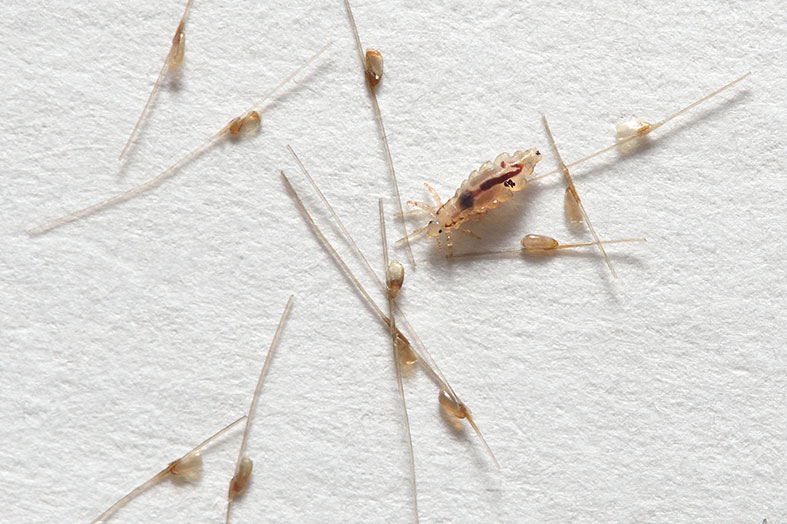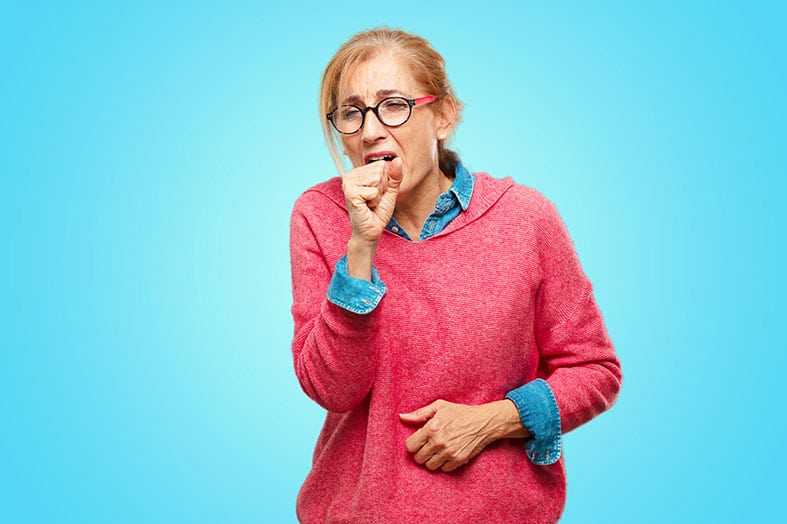Seasons
Madisonhealth Blog
(HealthDay News) — When a thin piece of wood, glass or metal gets embedded within the top layers of your skin, you know how annoying and painful a splinter can be.
The U.S. Library of Medicine suggests how to remove a splinter safely:
-
- Sterilize a pin or needle by soaking it in rubbing alcohol or by placing the tip in a flame.
- Wash your hands with soap.
- Use the pin or needle to gently remove skin over the splinter.
- Then use the tip of the pin to lift the end of the splinter out.
- You may need to use tweezers to pull out the splinter after you lift it.
Copyright © 2018 HealthDay. All Rights Reserved.
(HealthDay News) — Bronchitis is typically caused by a respiratory virus, and much less frequently, by a bacterial infection, the American Lung Association says.
Risk factors include having close contact with someone who has bronchitis, failure to get age-appropriate vaccinations, and exposure to tobacco smoke, fumes, dust and air pollution.
The American Lung Association says symptoms of bronchitis typically include:
-
- Coughing up mucus that may be yellow or green.
- Runny and stuffy nose starting a few days before chest congestion.
- Feeling tired.
- Sore ribs from prolonged periods of coughing.
- Wheezing or a whistling sound while breathing.
Copyright © 2018 HealthDay. All Rights Reserved.
(HealthDay News) — Cooking with your child will help build confidence in tasting the unfamiliar, the American Academy of Pediatrics says.
By exposing your child to different types of food, you will boost the child’s willingness to try new dishes.
The academy mentions these additional potential benefits:
-
- You can help your child boost senses besides taste.
- Use cooking as a way to teach concepts such as counting, measurement and fractions.
- The family meal can celebrate your cultural heritage.
- Teach your child the importance of staying safe while cooking. Show the child how to use kitchen tools safely, how to use oven mitts to protect hands, and how to turn appliances on and off safely.
- Ask the child for input in planning meals.
Copyright © 2018 HealthDay. All Rights Reserved.
(HealthDay News) — As your child ages, he or she should play a greater role in getting medical care, the American Academy of Family Physicians says.
The academy suggests how to empower your teen to make informed medical decisions:
-
- At about age 14, kids should be able to: understand and explain any medical conditions they have, know which medicines they take and why, be aware of any allergies, and know whom to contact for medical equipment or supplies.
- By age 18, your child should know: how to make doctor appointments. how to fill a prescription and pick it up from the pharmacy and how to look for a primary care doctor by asking for recommendations and checking insurance coverage.
Copyright © 2018 HealthDay. All Rights Reserved.
(HealthDay News) — More than 12,000 women get cervical cancer every year, but more than 90 percent of cases may be preventable, the Centers for Disease Control and Prevention says.
In 2012, some 8 million U.S. women aged 21 to 65 reported they had not been screened for cervical cancer in the last five years, the agency says.
The CDC recommends:
-
- Vaccinate girls ages 11-12 against human papilloma virus (HPV), a primary cause of cervical cancer.
- Obtain Pap tests every three years for women 21 to 29.
- Women ages 30 to 65 should either get a Pap test every 3 years OR a Pap test and HPV test every 5 years.
Copyright © 2018 HealthDay. All Rights Reserved.
Showing 133-144 of 173 results












